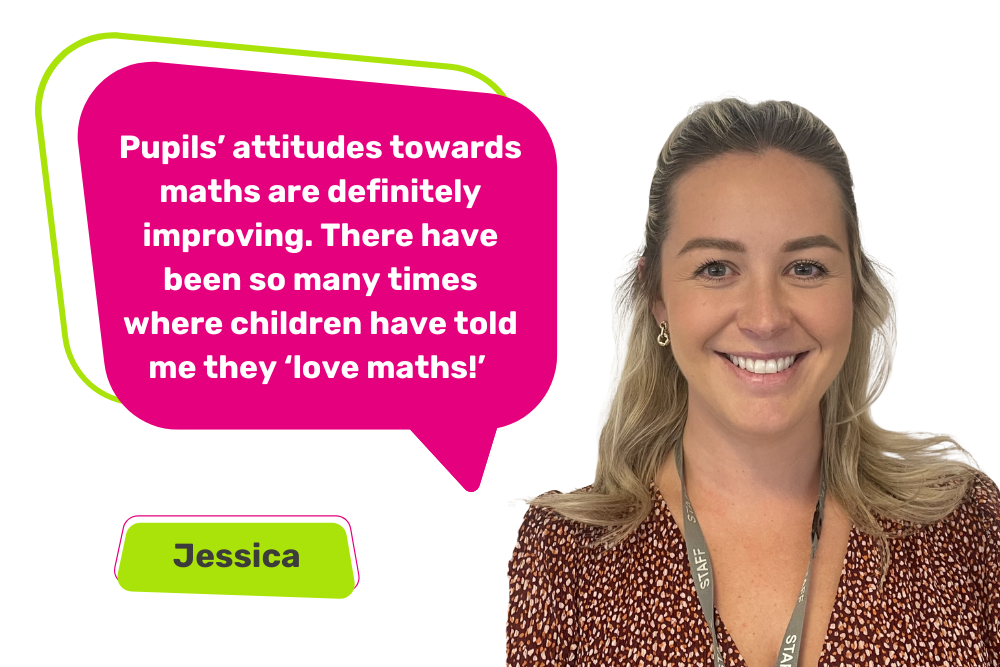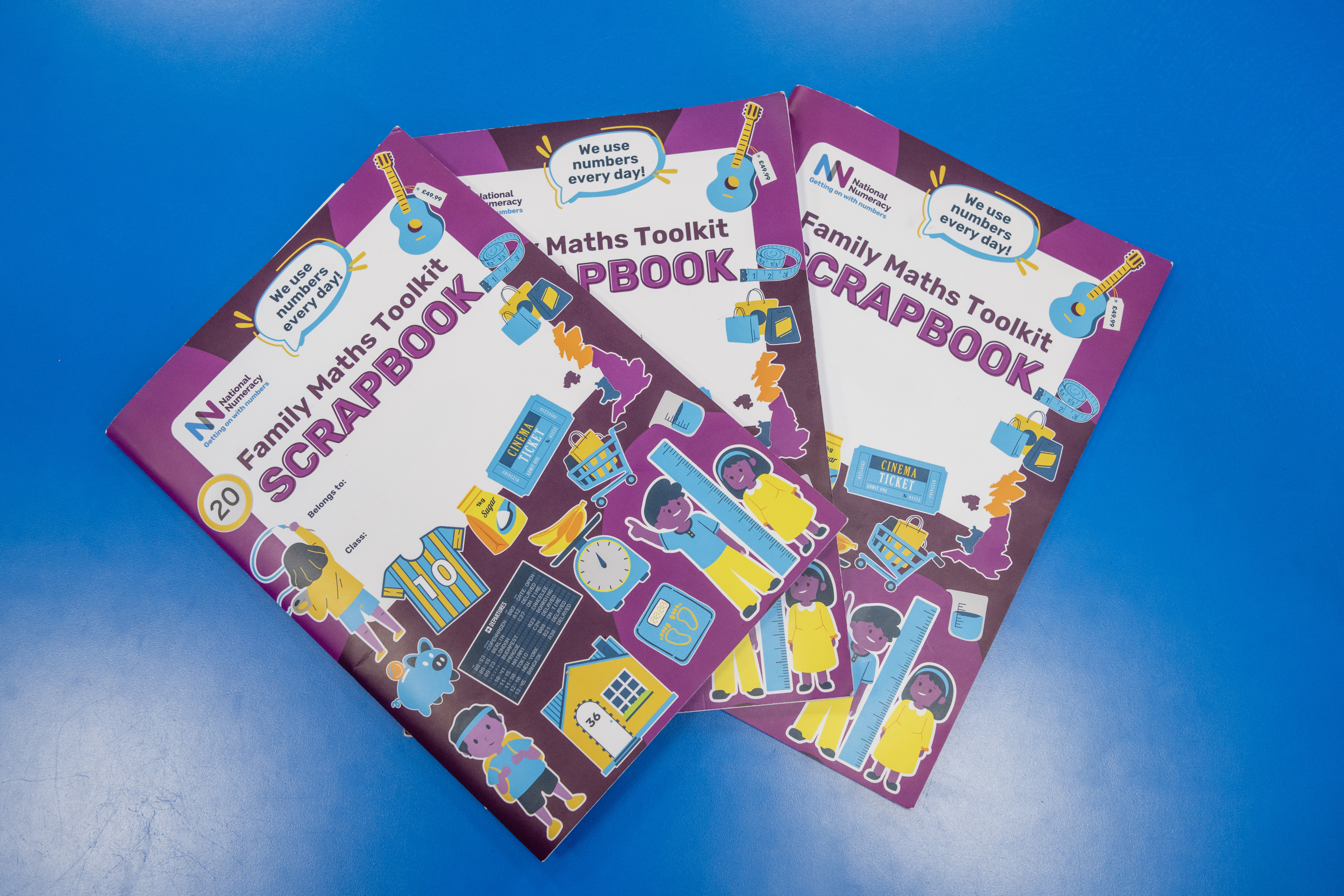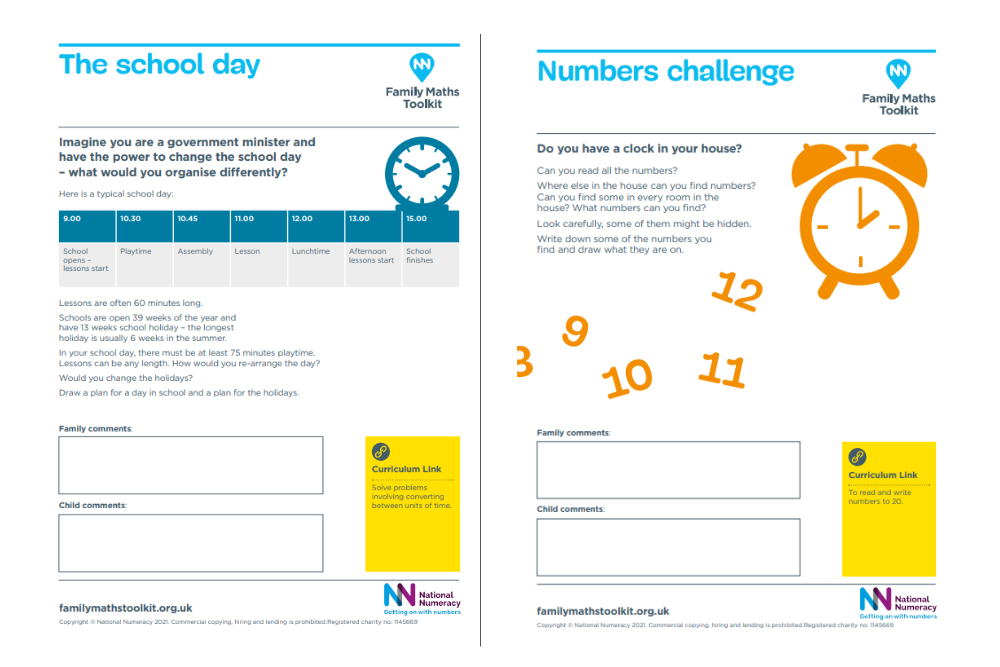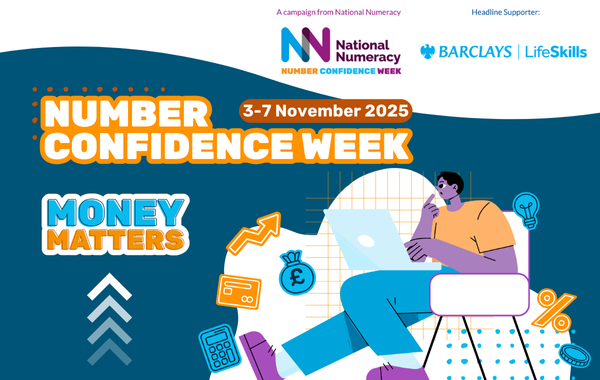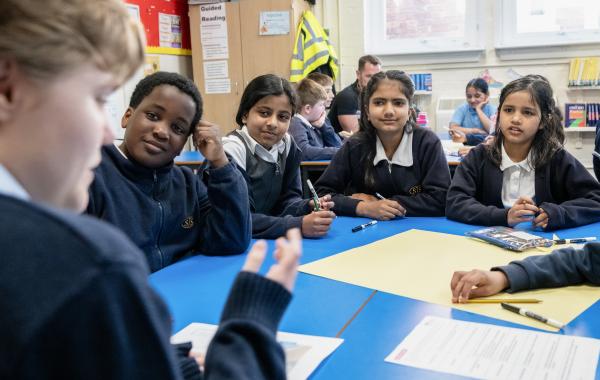How did the ‘Help Your Child Love Maths!’ workshops go?
We delivered a separate workshop for every class, totalling 10 workshops altogether. The first half of the workshop was just for parents and in the second half the children joined their parents to try a Family Maths Toolkit activity.
During the workshops, we tried to create a safe, respectful space where parents knew there was no judgement. It was great to hear parents open up and talk freely, whether they loved or loathed maths. During the workshops, parents had the opportunity to chat to each other and hopefully some new friendships were formed.
The ‘Top Tips’ which we discussed, were very clear and simple to implement. Parents were really enthusiastic about putting them into practise with their children at home.
How did the staff find the training available – Numeracy Champions, Feeling Better About Maths and expert-led webinars?
The Numeracy Champions training was very informative and eye-opening. It really made us consider the current culture around numeracy and the impact that poor numeracy can have on adults and children.
Throughout the year, we also engaged with a number of different webinars, including Maths Anxiety, Dyscalculia, Parental Engagement and Just Finance Foundation. These were all incredibly useful and a great source of CPD [Continuing Professional Development].
The theme of this year’s Number Confidence Week is Money Matters. What difference does it make when children see maths connected to real-life things like money?
When we teach children about money, it helps them understand that maths is used all the time in the ‘real world’ and is not just something they have to learn about at school.
During National Numeracy Day, ‘The Money Edition’, children completed a fun budgeting activity which they really enjoyed. We also took part in the live assembly.
What impact has the Schools & Families Programme had on your school – pupils, families and staff?
Firstly, the programme reinforced what we knew about boosting children’s confidence in maths through the words staff use. For example, it reminded us of the importance of praising children’s effort, rather than their talent.
We know from feedback that parents found the workshops particularly useful and the ‘Top Tips’ are really easy to implement at home. Parents have enjoyed spending time completing maths activities with their children and have talked about how lovely it has been to have that quality time together.
I have also noticed that parents are more open to ask questions and talk about maths – there have been numerous occasions where parents from across the school have approached me on the playground to ask questions about what their child is learning or about what else they can do to support at home.
Finally, and most importantly, pupils’ attitudes towards maths are definitely improving. There have been so many times this year where children have come up to me in the corridor and told me they ‘love maths!’
For years, we have thought about how to encourage more positive attitudes towards maths but having these clear, practical tips has really helped. I know all the small changes in what we say, do and model will have a gradual impact on the way children feel about maths over time.
Are you continuing with any aspects of the programme?

